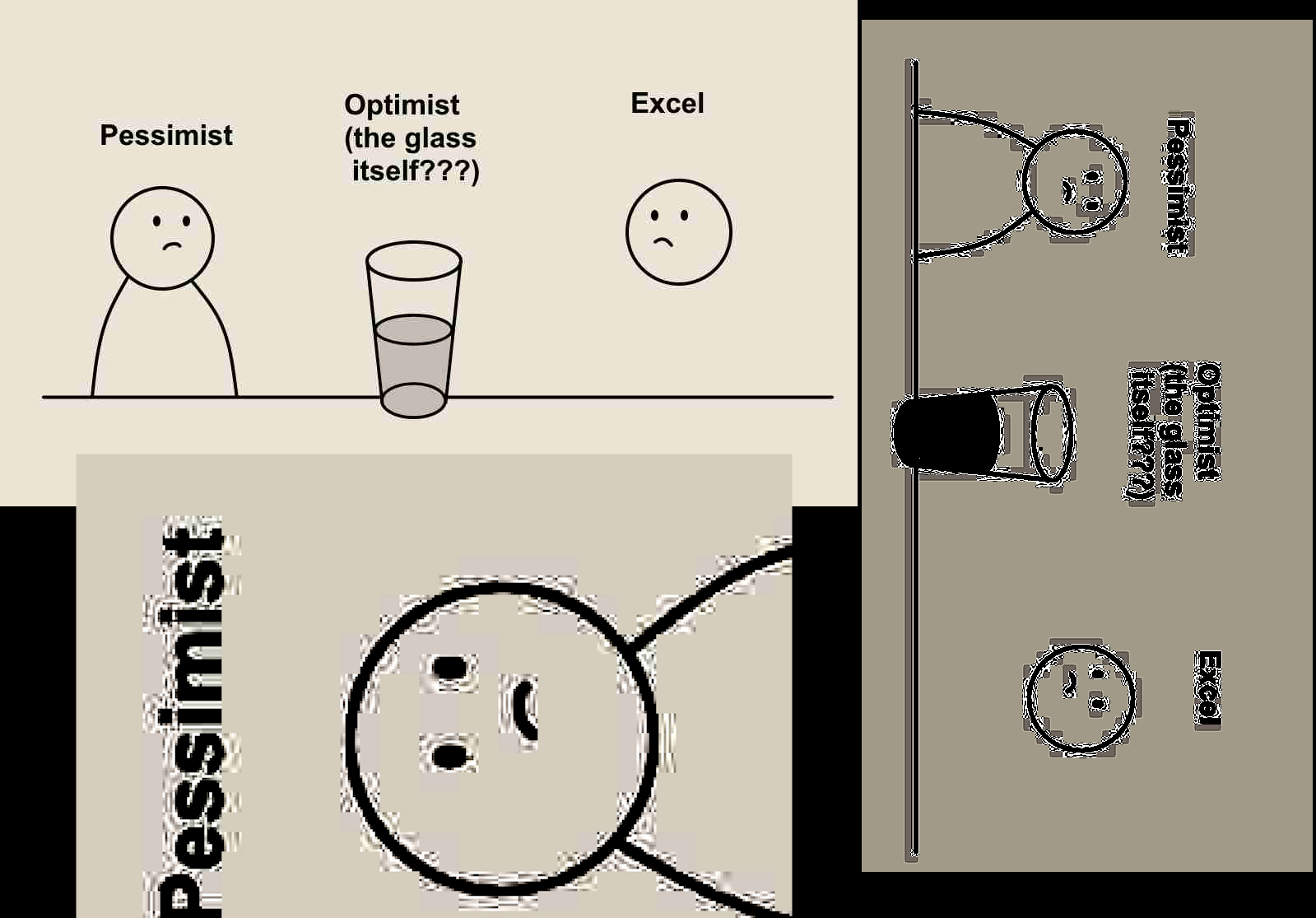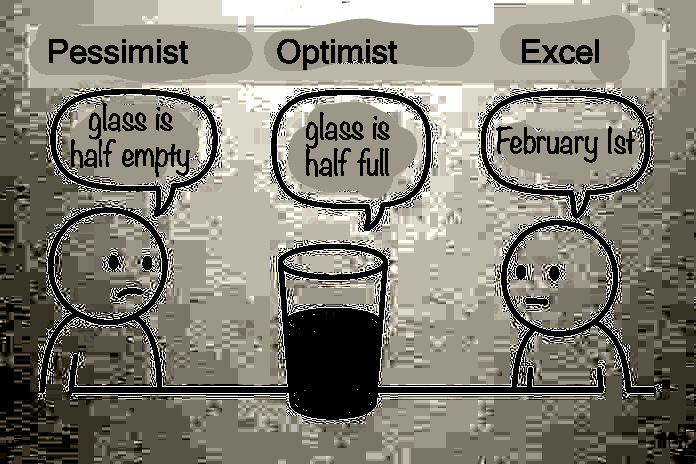You can still be snobby by instead insisting on “fold, scan, iterate”
- 7 Posts
- 38 Comments

 1·3 days ago
1·3 days agothe czech republic has over 40 thousand police officers and singapore routinely executes drug dealers
So while it may be technically true in that no actual violence was involved in the latest changes of government system, the threat of violence is always there
I love the implication that a “rational actor” would choose death over losing money
When you get to the informing policy stage, much “harder” sciences like pharmacology also get the same treatment of using completely disproven crap to inform drug policy. If you look hard enough, you can almost always find a study that agrees with your wildest biases and a PhD (often even in “good standing”) who stands behind it and agrees with you.
That there are 500 papers that find the exact opposite of your conclusion is not much of an issue when you’re acting in bad faith and have a friendly media outlet to voice your views
It’s a technicality about the pointer type. You can cast the type away which typically doesn’t change the actual value (but I’m pretty sure that causes undefined behavior)
For your example,
int x = 0xDEADBEEF;signifies the integer -559038737 (at least on x86.)char *p = (char*)0xDEADBEEF;on the other hand may or may not point to the real memory address 0xDEADBEEF, depending on factors like if the processor is using virtual or real addressing, etc

 4·29 days ago
4·29 days agoLots of em-dash usage
Service goes down after emitting an event but before persisting internal state—causing partial failures that are hard to roll back.
Subscribe to an existing event and start processing—no changes to publishers.
Helps track a request across multiple services—even through async events.
We once had a refund service consume OrderCancelled events—but due to a config typo, it ignored 15% of messages.
Takeaway: fire-and-forget works—until someone forgets to monitor.
Use it when the domain fits—fan-out use cases, audit logs, or workflows where latency isn’t critical.combined with other chatgpt-isms like the heavy reliance on lists, yeah safe to say it’s mostly AI generated

 4·1 month ago
4·1 month agoit does kinda fit in that if you forced people to learn linux, the basic stuff most people do should in the end not be much more difficult than windows (assuming you don’t run into more bugs)
but that would never happen unless a “linux revolution” was already in full swing

 14·1 month ago
14·1 month agoMy major version updates on 2 computers with linux mint in the past few years have been just one click, wait, reboot when prompted, everything works and you barely even notice that anything changed. Though maybe I’ve just been lucky
though the rest of the video’s takes on the linux experience for new users seems pretty accurate to me (lol downloading an application and using it requires at least a manual chmod +x and that’s the best case scenario. Maybe there’s a distro that has a solution but I have doubts (and “have everything you could possibly need in the package manager” is obviously a nonstarter))
But the community parts seem odd to me:
Is “just disable secure boot” a bad take? Has someone been holding everyone out on a better solution?
and
The only way linux is going to change is when money and development power is given to major dekstop Linux projects. It’s time to stop wasting time on customization or packaging
is just… sure, herd all the cats into one place, make them all work together in harmony, and summon 500 million dollars out of thin air to wrap it all together. Instead of writing bash scripts everyone should be praying to gabe newell to save us lol

 19·1 month ago
19·1 month agoPeople who cant use linux never learned the basics of computers
that’s like 80% of all people
I haven’t heard of .500 blackout before, and google gives conflicting info on whether it’s “necked down .338 lapua magnum” or “like .510 whisper”
polar bears have historically been felled with “panicked shooting with ar-15”, and the “standard recommendation” seems to be “magnum rifle round”
.44 magnum is barely on par with an intermediate rifle round like 5.56 against large game. And that’s before considering the massively lower felt recoil or the fact that a rifle is much easier to aim

 32·2 months ago
32·2 months agoSomeone brough up a theory that it’s a “symbolic punishment” for a journalist:
remove the eyes so you cannot see
remove the brain so you cannot think
remove the larynx so you cannot speak (the larynx contains the vocal cords)
I think this is talking about basic functionality, eg. can you do basic stuff with a clean install without everything immediately breaking
There’s a lot of programming tools that are primarily developed for and on linux, and “windows support” is an afterthought which will result in linux being a very frictionless experience but windows being a minefield of problems and requiring careful manual setup
What is mutually exclusive, though, is reality and China’s “imminent collapse” which has been looming just around the corner for the past 20 years
though it could also just be called good old oligarchy with a thin veneer of democracy
I actually kind of looked at (jpeg) compression artifacts, and it’s indeed true to the extent that if you compress the image bad enough, it eventually makes it impossible to determine if the color was originally flat or not.
(eg. gif and dithering is a different matter, but it’s very rare these days and you can distinguish it from the “AI noise” by noticing that dithering forms “regular” patterns while “AI noise” is random)
Though from a few tests I did, compression only adds noise to comic style images near “complex geometry”, while removing noise in flat areas. This tracks with my rudimentary understanding of the discrete cosine tranform jpeg uses*, so any comic with a significantly large flat area is detectable as AI based on this method, assuming the compression quality setting is not unreasonably low
*(which should basically be a variant of the fourier transform)
I recreated most of the comic image by hand (using basic line and circle drawing tools, ha) and applied heavy compression. The flat areas remain perfectly flat (as you’d expect as a flat color is easier to compress)

But the AI image reveals a gradient that is invisible to the human eye (incidentally, the original comic does appear heavily jpeg’d, to the point I suspect it could actually be chatgpt adding artificial “fake compression artifacts” by mistake)

there’s also weird “painting” behind the texts which serves no purpose (and why would a human paint almost indistinguishable white on white for no reason?)the new ai generated comic has less compression, so the noise is much more obvious. There’s still a lot of compression artifacts, but I think those artifacts are there because of the noise, as noise is almost by definition impossible to compress

The thing missing here is that usually when you do texture, you want to make it visible. The AI ‘watercolor’ is usually extremely subtle, only affecting the 1-2 least significant bits of the color, to the point even with a massive contrast increase it’s hard to notice, and usually it varies pixel by pixel like I guess “white noise” instead of on a larger scale like you’d expect from watercolor
(it also affects the black lines, which starts being really odd)
I guess it isn’t really a 100% proof, but it’s at least 99% as I can’t find a presumed-human made comic that has it, yet every single “looks like AI” comic seems to have it
I also noticed how it suddenly went from great to crap.
But the real reason I think is ironically AI. It used to be that you could easily crawl the web, but after the AI craze, images suddenly became valuable to crawl and every website gets bombarded by scrapers, and are adding more and more countermeasures to make it more difficult, so tineye’s own image scraper probably can’t compete with them and so can’t find any new images







Davy jones couldn’t step on land, and the dirt in the jar symbolizes land in the same way as the bucket here supposedly counts as land